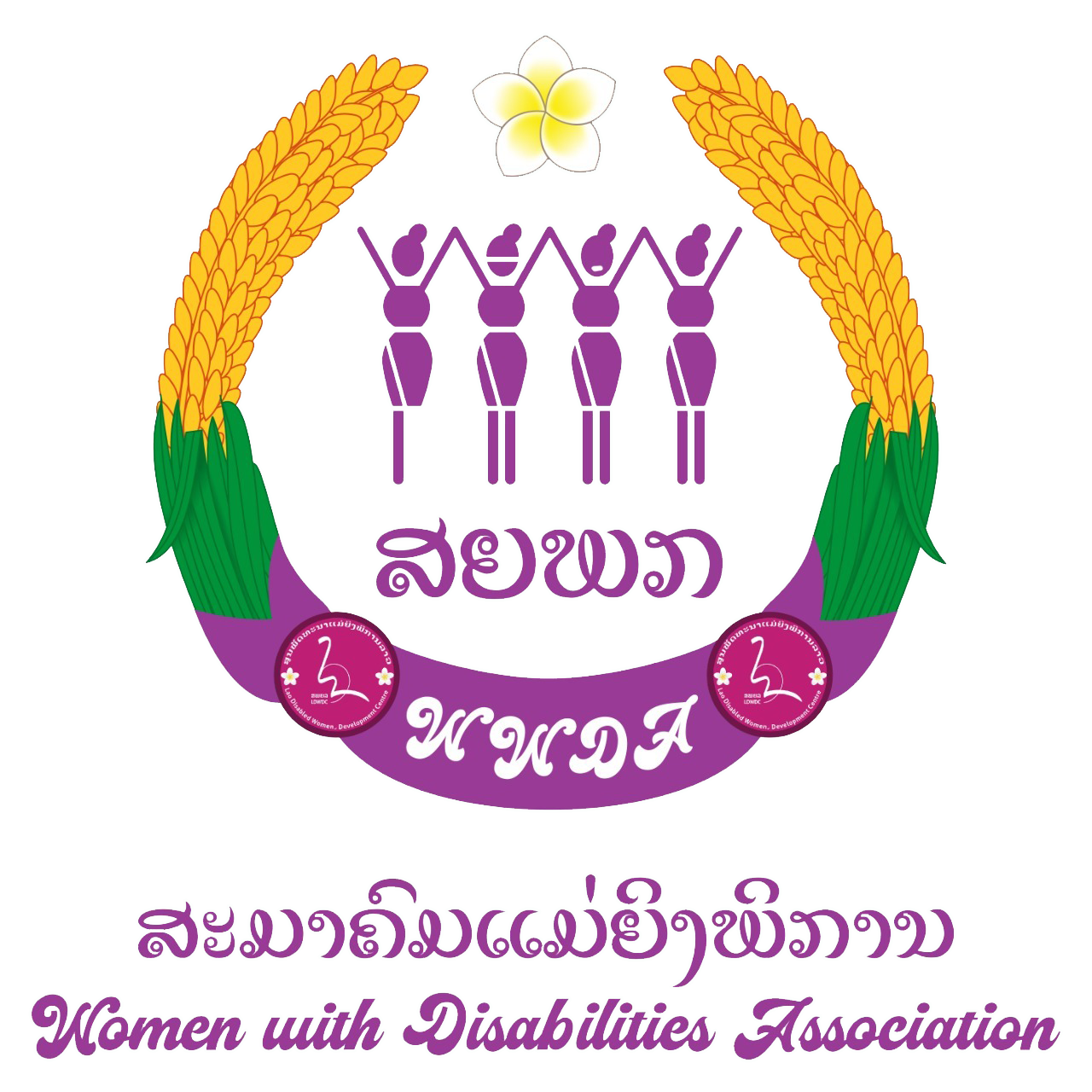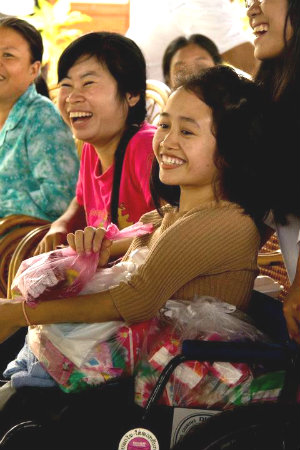Women and Disability
Understanding disability is a major challenge. Disability is complex and can be difficult to measure because there is a lack of consistency of definitions and methodologies across the globe. The issue of women with disabilities is particularly complex because gender and disability issues combined amplify the effect of each.
People with disabilities face major obstacles to functioning independently and, according to the United Nations, “girls and women of all ages with any form of disability are generally among the more vulnerable and marginalized of society”.
This is because women with disabilities not only face discrimination, but it is estimated that nearly one in two of all women with disabilities are the victims of domestic violence at some stage of their lives. The person with the disability is particularly vulnerable to abuse at the hands of their carers or family because there is an inherent power imbalance in the relationship. Moreover, because of their restricted independence, it can be particularly difficult for women with disabilities to find refuge from domestic violence, sexual assault or other emotional or mental forms of abuse.
There are many other factors that, when combined with disability and gender, amplify the marginalization of women with disabilities. The list includes, but is not limited to, tribal ethnicity and language, forced labour, the sex industry, village relocation, climate change and migration.
The LDWDC is uniquely placed to understand the diverse needs of women with disabilities, because we are women with disabilities, hence we strive to improve the lives of women with disabilities in Laos P.D.R. and draw attention to this important issue.
Healthcare and Rehabilitation
Due to the lack of availability of professional healthcare in provincial Laos, and the financial costs involved, many people in Laos do not receive healthcare treatment when necessary. This can include sexual, reproductive and maternal healthcare, which contributes to disability, and the treatment of illness or injury, which also contribute to disability. According to the World Report on Disability disabled people are twice as likely to be provided inadequate healthcare and three times more likely to be denied care or treated badly.
The LDWDC believes that healthcare education is crucial to overcoming healthcare barriers. Past and future projects aim to improve the awareness of disabled healthcare and improve healthcare for disabled people.
Enabling Environments
The environment that a woman with a disability lives in can be a huge factor in her experience of life. Unfortunately there is a powerful stigma attached to disability and the negative attitudes toward people with disabilities can be a large barrier. Access to transport and buildings are essential for disabled participation in healthcare, education and employment.
The LDWDC is committed to destigmatizing disability and assisting disabled people to integrate into mainstream society through education and awareness of disability. We work independently, with Lao Disabled People’s Organisations (DPOs), international organisations and Governments to achieve this.
Assistance and Support
Assistance and Support refers to non-therapeutic forms of assistance which enable people with disabilities to live their lives independently and participate in society. Carer roles are often left to family members, many of which cannot afford the time away from income generating activities. Worst case scenarios include impoverished living conditions, social isolation, risk of abuse and abandonment.
Unfortunately many women who come to LDWDC have had some negative life experiences with finances, families, communities or their own self-image. The LDWDC provides an environment of acceptance, peer support and empowerment.
Education
Education is vital for children and adults with disabilities to participate in society and obtain employment. Unfortunately children with disabilities are less likely to start school than other children. This may be because the family of the disabled child is acting to protect them, or it may be because the school will not accept the enrolment. At the school level too, there are problems with disabled access, negative attitudes, lack of inclusion, lack of special needs resources and lack of tailored assessment.
The LDWDC is passionate about Education and believes that education is crucial for success. The LDWDC provides training in handicrafts, English, IT and other personal and professional developmental areas.
Work and Employment
Poverty is widely recognised to be both a cause and a consequence of disability. People with disabilities are less likely to be employed, and likely to be paid less for the same work, which means that overall people with disabilities are much more likely to fall below the poverty line. On the one hand lack of education and skills means that a disabled person is less employable whilst on the other hand negative attitudes, particularly about productivity, and lack of access to transport and buildings, means that overall work and employment for people with disabilities remains a major challenge.
Graduates from LDWDC are more likely to go on to further education, more likely to be employed or self-employed and more likely to be independent. The LDWDC facilitates employment, assists its graduates to find sources of income generation, and maintains a network of graduate students which it follows up regularly.



